Ethiopia-Tigray Crisis : Negotiations At A Standstill
- Par Eldickson Agbortogo
- 26 Aug 2022 10:13
- 0 Likes
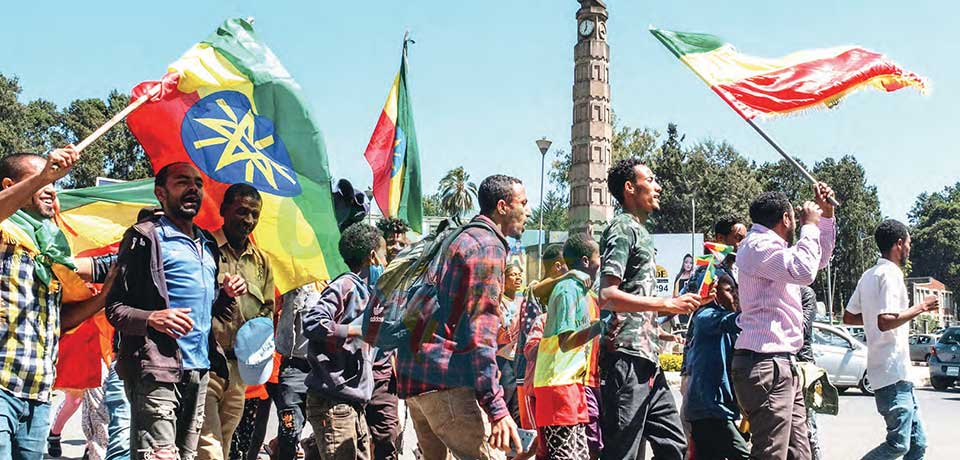
Several months after making public their willingness to dialogue, the peace process seems to witness a nosedive.
The Ethiopian government and Tigray rebels are ready to talk peace. After about two years of fighting, both sides have expressed their willingness to sit on the dialogue table. Though the decision comes after both sides had accused each other of violating a tenuous truce agreed in March, it has highly been welcomed by several actors within and out of the country, with some calling on them to capitalise on the opportunity.
In November 2020, Ethiopian Prime Minister Abiy Ahmed unveiled the creation of a committee to negotiate peace with the Tigray People’s Liberation Front (TPLF). The announcement marked the first public confirmation of a key step towards negotiations in a war that has left more than 9 million people displaced, thousands dead and famine in most parts of the country. “With regard to peace, a committee has been established and will study how we will conduct the talks,” Abiy told parliament. The committee, headed by Deputy Prime Minister Demeke Mekonnen, had 10 to 15 days to finalise details and strategy of the negotiations, he added.
On the side of the rebels, the Chairman of the TPLF, Debretsion Gebremichael, issued an official statement saying he would participate in the peace process. “The position of the Government of Tigray remains unchanged. We participate in a credible and impartial peace process that involves all parties in a serious and inclusive manner. Likewise, we are ready to send a high-level delegation with a clear mandate and precise instructions to the talks” Gebremichael said.
But several months after these two declarations, the process seems to be at a standstill. While the Ethiopian federal government says, “it is ready to talk anytime, anywhere,” and “talks should begin without preconditions”, the President of Tigray regional state, Debretsion Gebremichael, says Tigray is committed to ending the war, but on certain preconditions, “Basic services must be restored,” referring to the government-imposed blockade which is preventing life-saving medicine and emergency humanitarian assistance from reaching millions in the region. Apart from the pre-conditions, disagreements over who leads the mediation process, and the venue for talks are other major factors that are delaying the laun...
Cet article complet est réservé aux abonnés
Déjà abonné ? Identifiez-vous >
Accédez en illimité à Cameroon Tribune Digital à partir de 26250 FCFA
Je M'abonne1 minute suffit pour vous abonner à Cameroon Tribune Digital !
- Votre numéro spécial cameroon-tribune en version numérique
- Des encarts
- Des appels d'offres exclusives
- D'avant-première (accès 24h avant la publication)
- Des éditions consultables sur tous supports (smartphone, tablettes, PC)






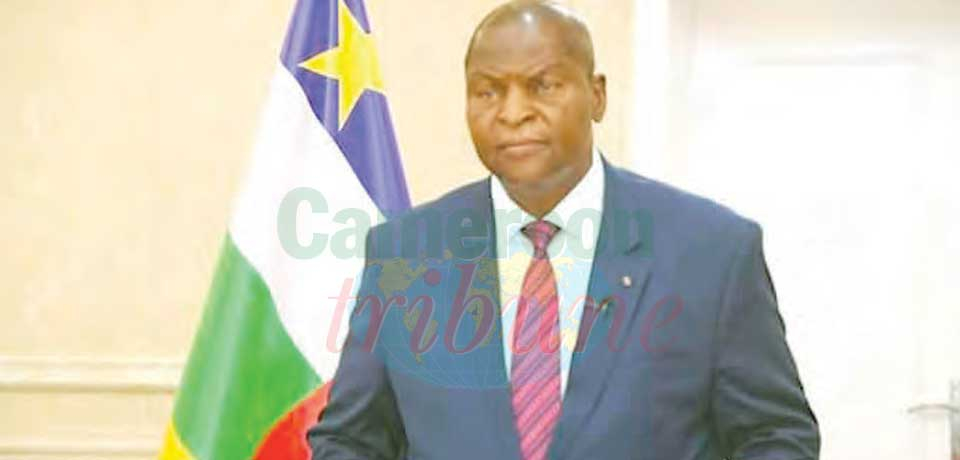
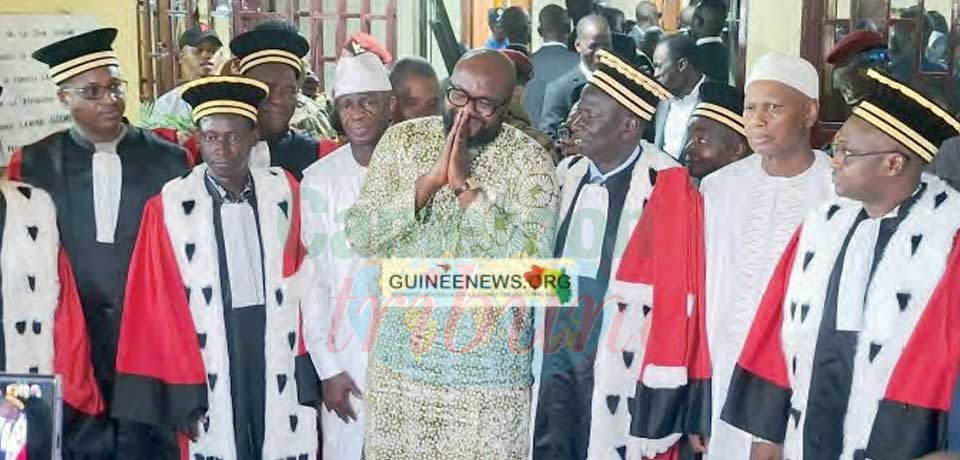
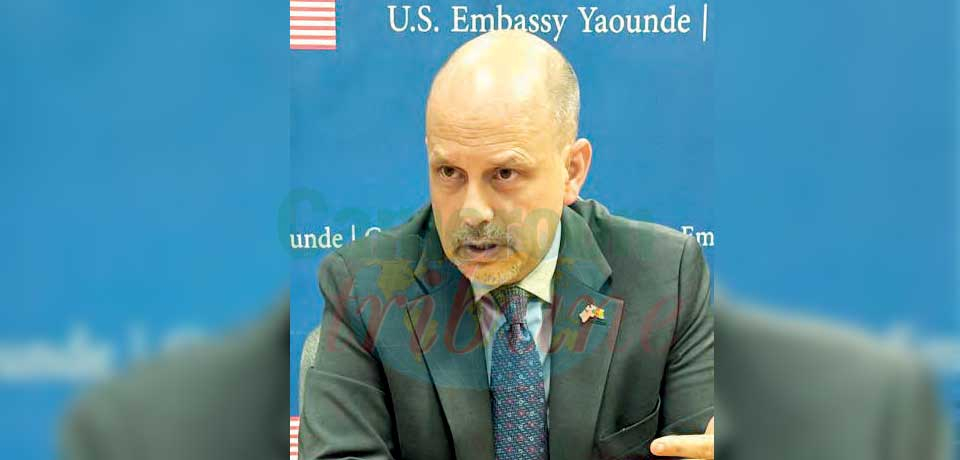
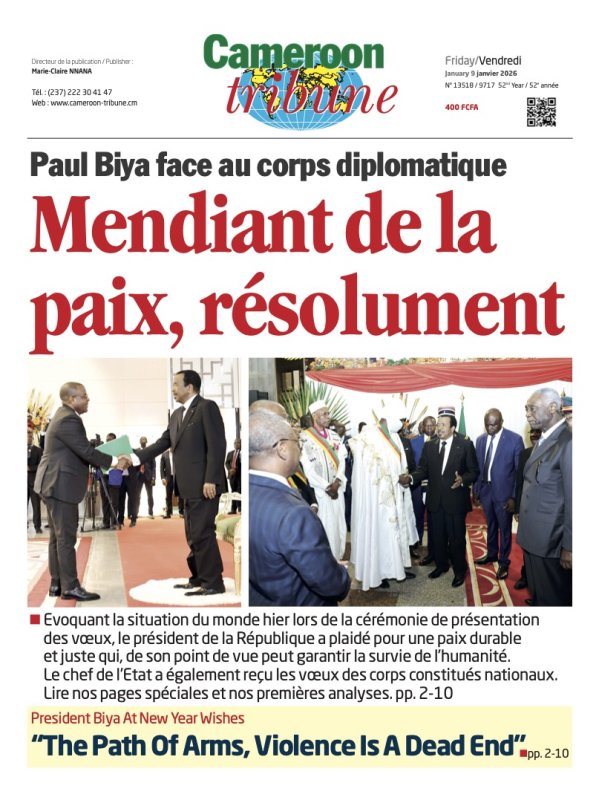




Commentaires